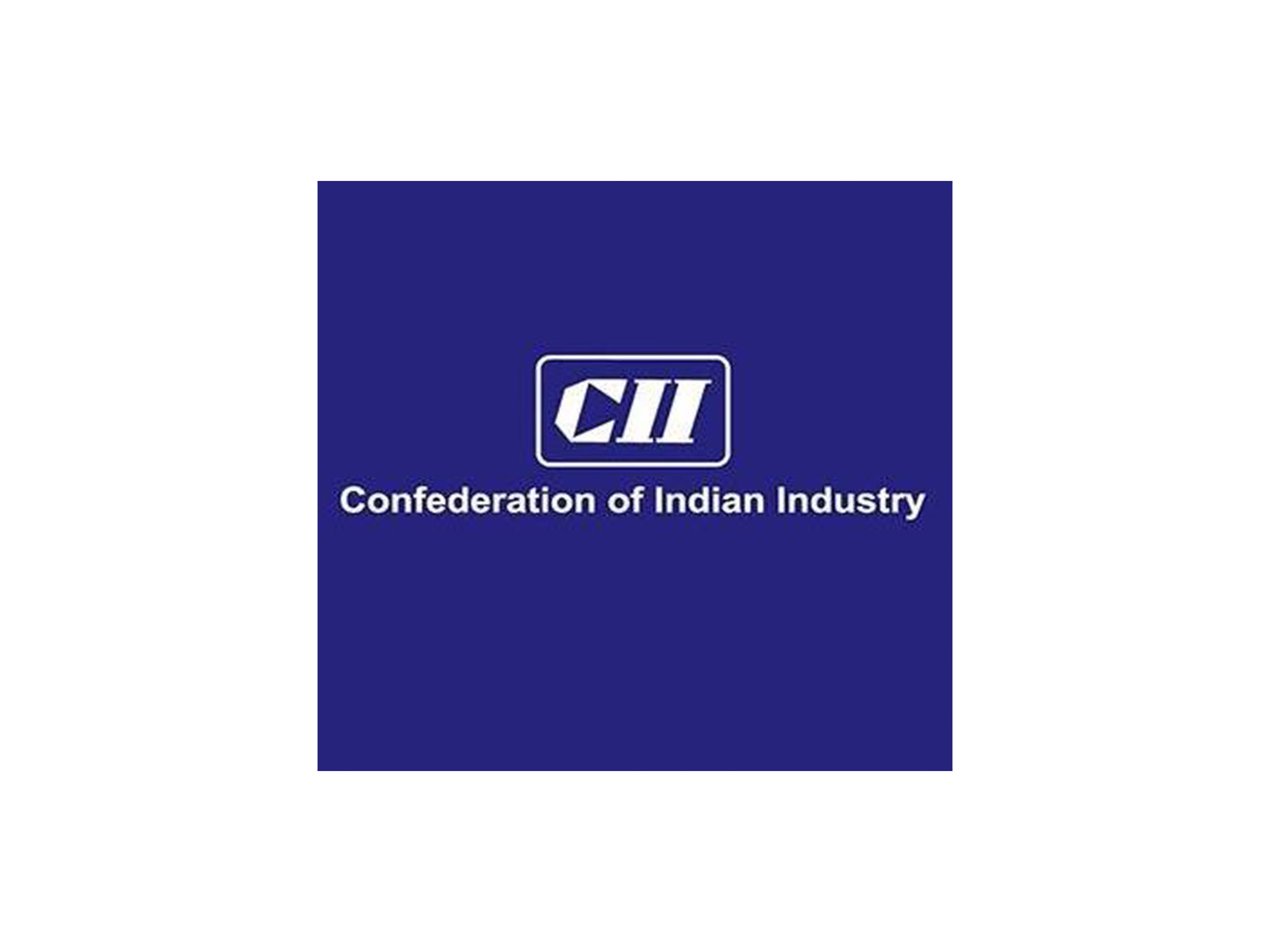Union Budget 2023: the taxation policy for InvIT's/REIT's change
Feb 07, 2023

New Delhi [India], February 7 (ANI/SRV): InvIT's, Infrastructure investment trusts and REITs, and Real Estate Investment Trusts are regulated investment platforms that work like mutual funds and are regulated by the Securities and Exchange Board of India. Abbreviated as InvITs/RIETs, their units are generally listed on stock exchanges and are a wholesome combination of both equity and debt instruments.
The primary objective is to promote the infrastructure and real estate sectors of India by encouraging both retail and institutional investors to invest in these sectors. Typically, such a tool is designed to pool money from several investors to be invested mostly in income-generating assets. The cash flow thus generated is distributed among investors.
The year 2023 brings with it some concerns for InvIT/REIT stakeholders. The Finance Act 2023, aims to tax the return of capital/repayment of debt to unitholders beyond their cost as "Income from other sources" under section 56(2)(xii) in the taxation structure, which is causing difficulties for investors in business trusts. This results in investment in InvITs/REITs becoming less attractive to Indian investors and discouraging new investment.
Under this section, the income that will be taxed is the excess of debt repayment receipts by the business trust to the unitholders over the total investment made. The return on capital is nothing but a capital receipt. The mistake is categorizing this as income from other sources which is not tenable in Law.
The securities u/s 2(h) of the Securities Contract Regulation Act, 1956 were defined by the Finance Act, 2021. Units issued by a business trust were included as security. Within the meaning of definition u/s 2(14) of the Income Tax Act, 1961, regardless of whether they are listed or not, all securities are capital assets and defined as property.
According to this, the investments made in InvITs/REITs will be classified as capital assets, specifically securities, under the Securities Contract Regulation Act, of 1956. Unit holders must set off the capital received from the business trust against the cost of their capital assets. Any remaining amount must be taxed but only as capital gains. '
Debt extensions made by InvITs/REITs to its wholly-owned subsidiary SPVs are considered capital transactions. Repayment/refund/redemption of the principal amount is not considered income under section 2(24) of the Income Tax Act, 1961. Income from other sources falls under a residual category, not specifically covered by provisions in the law.
Sections 45 and 49 specifically deal with taxability and the cost of acquisition of units of business trusts being capital assets. The recent amendment classifies this cash flow under income from other sources u/s 56 making it illegitimate and legally untenable.
Accordingly, the Return of capital and debt repayment needs to be correctly placed and classified and treated as Capital Gain rather than Income from Other Sources.
This story has been provided by SRV. ANI will not be responsible in any way for the content of this article. (ANI/SRV)

















